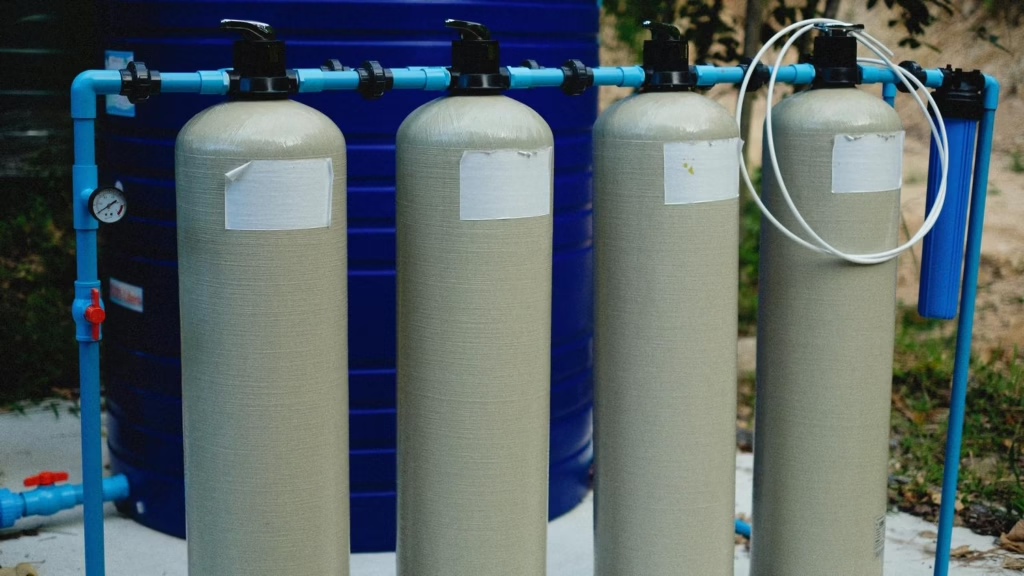Explore key elements like education, experience, and salary that influence your work permit points in China. Calculate your score instantly with our online tool for accurate results.
Table of Contents
Key Takeaways
- China sorts foreign workers into three groups (A, B, C) using a points system.
- Your education, pay, age, work experience, and Chinese skills matter most.
- New rules for 2024-2025 focus on top talent, local needs, and playing by the book.
- Score 85+ points for Class A (top talent). Score 60-85 points for Class B.
- You can raise your score. Learn Mandarin or ask for a higher salary.
Want to see how you stack up? Check out this handy Points Calculator.
Introduction: Why Your Work Permit Points Matter in 2026
Getting a work permit in China is about more than just forms. You must show your worth in a tough job market. China uses a points system to rank foreign workers.
In 2025, China wants skilled people but also checks the rules closely. Knowing the top factors for your work permit points is key. Are you a teacher, engineer, or business owner? Your score affects your permit, how easy it is to renew, and your chance to stay long-term.
This guide shows you the biggest factors, how to get points, and smart ways to boost your score. It also helps with using a china work visa points calculator.
How China’s Work Permit Points System Works
China puts foreign workers into three classes:
- Class A (85+ points): Top experts, leaders, or people with great skills.
- Class B (60-85 points): Skilled workers with good experience.
- Class C (<60 points): New or short-term workers, often for temporary jobs.
The points system looks at many things:
- Your education level
- Your salary in China
- Your age
- Your work experience
- Your Chinese language skills
- Your job field and employer
- Extra wins like patents or awards
Your Education and Qualifications
Why Your Education Matters
Your education counts for a lot of points. China likes foreign workers with strong degrees from good schools.
How points work (2025):
- PhD: 20 points
- Master’s: 15 points
- Bachelor’s: 10 points
- Less than a Bachelor’s: 0 points
Good news: If you graduated from a top 100 global school, you may get extra points.
For example
A person with a Master’s from a top school could get 20-25 points just for education.
Your Salary Level in China
Your Pay Shows Your Value
China uses your salary to see how skilled you are. Higher pay means higher points.
Points for pay (2025):
- Yearly pay ≥ 450,000 RMB: 20 points
- 300,000–449,999 RMB: 17 points
- 150,000–299,999 RMB: 12 points
- Below 150,000 RMB: 0-5 points
Tip
Jobs in big cities like Beijing or Shanghai often pay more. This can help you hit the top pay bracket. A china work visa calculator can help you see how your salary affects your score.
How Your Age Affects Your Points
Youth and Experience Both Help
China prefers workers in their best working years.
Points by age:
- 18–25 years: 5 points
- 26–45 years: 15-20 points
- 46–55 years: 10 points
- 56+ years: 0 points
For example
A 32-year-old engineer with a Master’s and good pay could have 45+ points from just age, school, and pay.
Your Work Experience
Experience Shows Your Skill
Your work history shows you are stable and skilled.
Points for experience (2025):
- 2-5 years: 5 points
- 6-10 years: 10 points
- 11+ years: 15 points
Bonus: Work at a top global company (Fortune 500) or in hot fields like AI or green energy can give you more points.
Your Chinese Language Skills
Why Mandarin is a Big Deal
Speaking Chinese is more important than ever in 2025. China rewards foreigners who can fit in at work and in life.
Points for language:
- HSK Level 5-6: 10 points
- HSK Level 3-4: 5 points
- HSK Level 1-2: 2 points
- No Chinese: 0 points
For example
A foreign teacher with HSK 5 can add 10 points. This could push them from Class B to Class A.
Your Employer and Job Field
A Boost for Working in Key Areas
China needs people in fields that help the country grow.
Hot fields (2025):
- AI & Robots
- Green Energy & Tech
- High-End Manufacturing
- Biomedicine & Health
- Education (STEM, bilingual teaching)
Points:
- Job in a hot field: 5-10 points
- Job in a top city (Tier 1): 5 points
- Job in a less-developed area (like Xinjiang or Gansu): bonus points for helping that region.
Your Extra Achievements
Get Points for Special Skills
You can earn bonus points for:
- Patents or published work: 5-10 points
- Awards: 5-10 points
- Starting a successful business in China: 5-10 points
- Working in China for 5+ years straight: 5 points
New Rules for 2024-2025
What’s Changed
- Stricter rules: Companies must show why they need a foreign worker.
- Local differences: Some places give bonus points for jobs they need filled.
- From student to worker: Graduates from Chinese schools now have a clearer path to a Class B permit.
- More time: You get more time to renew your permit, so it’s less likely to run out suddenly.
Keep these china visa rules in mind as you plan. Always check the latest visa china requirements.
Easy Ways to Get More Points
- Ask for more money to reach a higher points level.
- Learn Mandarin and try for HSK 4 or higher.
- Aim for a job in a high-demand field for bonus points.
- Use your school background—think about more studies if you can.
- Show off your wins like patents, articles, or work with big companies.
Using a china visa points calculator can help you plan these steps.
See How It Works: Real Examples
Case 1: The Skilled Worker
- Age: 34 (15 points)
- Master’s degree (15 points)
- Pay: 280,000 RMB (12 points)
- Experience: 8 years (10 points)
- HSK 4 (5 points) Total: 57 points → Class C (almost Class B)
Case 2: The Company Leader
- Age: 42 (15 points)
- PhD (20 points)
- Pay: 500,000 RMB (20 points)
- Experience: 15 years (15 points)
- HSK 5 (10 points) Total: 80 points → Strong Class B, near Class A
Case 3: The Tech Founder
- Age: 29 (20 points)
- Bachelor’s degree (10 points)
- Pay: 320,000 RMB (17 points)
- Experience: 6 years (10 points)
- Holds a patent (5 points)
- HSK 3 (5 points) Total: 67 points → Solid Class B
A china visa days calculator can help you understand timing, but these examples show the points in action.
Your Path to Success in China
The main things that change your work permit points—your school, pay, age, experience, language, and job—are not just red tape. They are tools you can use to build your future in China.
Learn the system. Match your career to China’s goals. This moves you from doubt to confidence. Do you want a Class A permit for the long run? Or just smooth renewals? The answer is to plan now and get as many points as you can.
Use a china work visa calculator and understand the visa china requirements to stay on track. Good luck

























